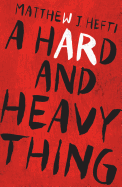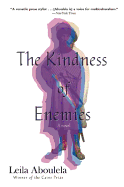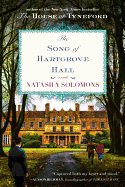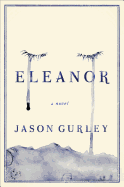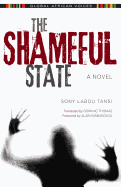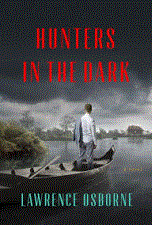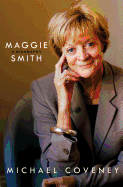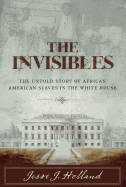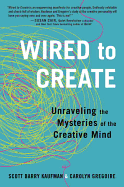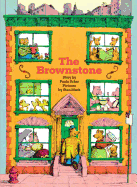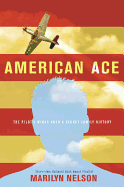.bmp) |
| photo: Fine Line Photography |
Leonard Sax has been a family physician for almost 30 years. His latest book, The Collapse of Parenting: How We Hurt Our Kids When We Treat Them Like Grown-Ups (Basic Books, $26.99, December 29, 2015), offers no-nonsense advice for parents who struggle with their children's challenging behaviors. The book covers what Sax believes is the root of the problem--children looking to peer groups and media rather than ineffective parents--as well as how to fix it (set limits and engage with children) in an easy-to-read style that’s not unlike listening to the family doctor.
In summary, what is the problem with today’s kids and how do we fix it?
The problem, as I presented in the book, is that American kids are worse off on just about every domain that matters, and pretty dramatically so compared to American kids 30 years ago. They're much more likely to be on medication than kids were 30 years ago, and much more likely than kids in any other country. A kid in the United States is more than 40 times more likely to be on medication for bipolar disorder compared to a kid in Germany. A kid in the United States is now 93 times more likely to be on psychiatric medications like Risperdal, Seroquel, and Zyprexa compared to kids in Italy. They're also much more likely to be overweight, and much more likely to be anxious and depressed and doing much less well academically compared to elsewhere.
So, what happened? None of this was true when I started out as a physician. As a practicing physician, I've seen a lot firsthand. The book is my argument that a major factor--not the whole story--but a very major factor driving some of these changes is that American parents used to know how to do their job. And they no longer do. Society used to support the job of parenting, and now the society actively undermines the job of the parent.
Why is that?
To some degree, it's happened worldwide. German sociologist Norbet Elias says that there has been a transfer of authority from parents to children and a loss of respect for the concept of authority. That's really true throughout the developed world.
Elias also talks about how we used to have more hierarchical relations between employer and employee, between customer and salesperson, between men and women, between white people and people of color. As he points out, most of the second half of the 20th century can be summarized as the demolition of those hierarchies, and I think we would all applaud that. We'd all agree that it's a good thing that white people no longer are privileged in law over people of color, that men are no longer privileged in law over women, and so forth. As Elias pointed out, this has also crept into the home--authority generally is now suspect.
Thirty years ago, if a kid got in trouble at school for cheating on a test, the school would call the parents, and the kid would be disciplined more severely at home than he was at the school. But today, I have personally been involved in cases where a kid was caught red-handed cheating at school, and the parents swooped in like prosecuting attorneys, demanding evidence and mounting a defense.
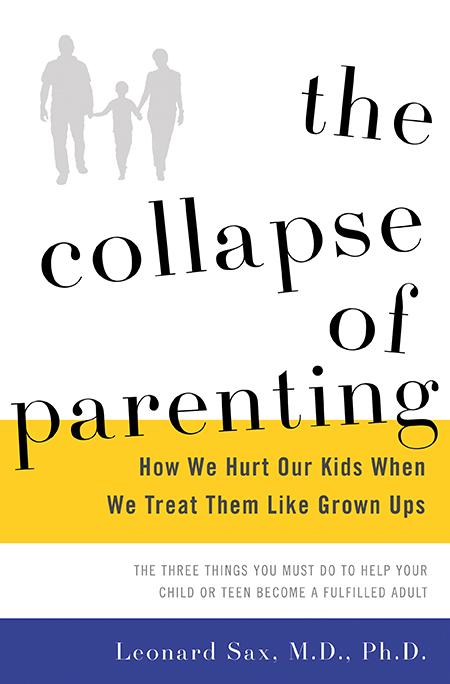 One of the more fascinating points you make is that the single-most factor determining success is self-control.
One of the more fascinating points you make is that the single-most factor determining success is self-control.
Right. There's so much good research now from these longitudinal covert studies where they've followed the same kid over 10, 20, 30 years, and you find that what kind of grade he's getting in school or how many friends he has or how open he is to new ideas--none of that predicts health, wealth, and happiness 20 years down the road. But virtue and character do. If parents understood that, they would prioritize teaching virtue and character. North American parents, especially middle-income and affluent parents, prioritize performance and doing lots of extra-curriculars and getting good grades and having many friends. None of which predicted good outcomes to the same extent that virtue and character do.
But you can teach virtue and character and try to help work performance.
Life is a zero-sum game. Are you going to have supper with your daughter tonight or not? Well, she's on a soccer team, and that conflicts with supper, and she's doing computer coding. So you pick her up from school. She goes to computer coding class, and then you grab something from McDonald's on your way to soccer practice. That choice to prioritize activities over time at home with family sends a message that time at home with family is the lowest priority. And that what's really important is impressing people with all the other activities that you're doing. That undermines teaching virtue and character.
Now, it might be possible to do both. But I don't think that American parents are consciously making that decision. I think that many of them are just on their treadmill of activity. Another point I make in the book is that American parents have this fetish, this weird habit of boasting about how busy and overwhelmed and stressed they are. Well, they're busy and overwhelmed and stressed because they've made certain choices.
What do you say to a critic who says commanding your children sounds patriarchal and authoritative?
I'm sure it does sound authoritative because it is authoritative.
It reminds many of us of all the negative things from 30 years ago, like racism and sexism. It sounds like it fits in there.
Well, that's why it's important to pull those things apart. I'm not saying that 1980 or 1960 were the Good Ol' Days. They were not. Again, 1960 was racist and sexist. We don't want to go back to that. But the American consensus, which is that everything new is better than everything old and we want nothing from previous generations--because 1960 was racist and sexist--is not based in research or science. It's a cultural assumption that is not followed by the rest of the world, and that is harming American kids in a massive way.
As I point out in the book, this abandonment, this dereliction of duty by American parents has had the net result of kids being medicated in a way that's without precedent and without parallel in any country on the planet. Because the fact is that kids do need authority. When parents fail to provide that authority, the doctor steps in. And many parents who recoil in horror when you say they need to govern their child regarding right and wrong--their kid is on multiple psychiatric medications. On interview, these kids don't really seem to have a significant psychiatric disorder. The parents just have no idea how to govern their kid's behavior other than medicate them.
If you're a parent with young kids who act disrespectfully, is it too late? How do you turn that around?
As I say in the book, you need to sit down with your kids and tell them that the rules are changing, because most of the life of a family is governed by rules that are not written and have never been articulated. Many kids think it's okay to talk back to parents, that it's okay to be disrespectful to parents because, after all, that's what they see on the Disney Channel (which, along with all other major American media, teaches that parents are clueless incompetents, whether it's Modern Family or Dog with a Blog). The straight male parent is utterly incompetent and reliably clueless on those shows, just as he is on The Simpsons and almost any other major American evening comedy. This was not true in American culture two generations ago, in the era of My Three Sons and The Andy Griffith Show, or even 30 years ago in the era of Family Ties.
This is a new phenomenon in American culture. The result is that the culture now undermines the authority of the parent to do their job. But you used the word "authoritative"--Diana Baumrind, who is in my judgment the leading authority on parenting research over the last 40 years, makes the distinction between "authoritarian" and "authoritative." She says parents need to be authoritative, meaning that they set rules and they enforce rules, but they do so in the context of love and concern, as opposed to an authoritarian parent who is using corporal punishment and is not loving. It's a difference American parents used to understand better than they do now. The parents who are effective over time are both strict and loving. That's what it means to be a good parent. --Rob LeFebvre, freelance writer and editor
Leonard Sax: Being a Good Parent
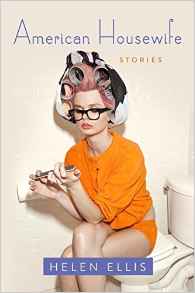 "Inspired by Beyoncé, I stallion-walk to the toaster. I show my husband a burnt spot that looks like the island where we honeymooned, kiss him good-bye, and tell him to be home in time for our party.
"Inspired by Beyoncé, I stallion-walk to the toaster. I show my husband a burnt spot that looks like the island where we honeymooned, kiss him good-bye, and tell him to be home in time for our party.


.bmp)
 One of the more fascinating points you make is that the single-most factor determining success is self-control.
One of the more fascinating points you make is that the single-most factor determining success is self-control. 